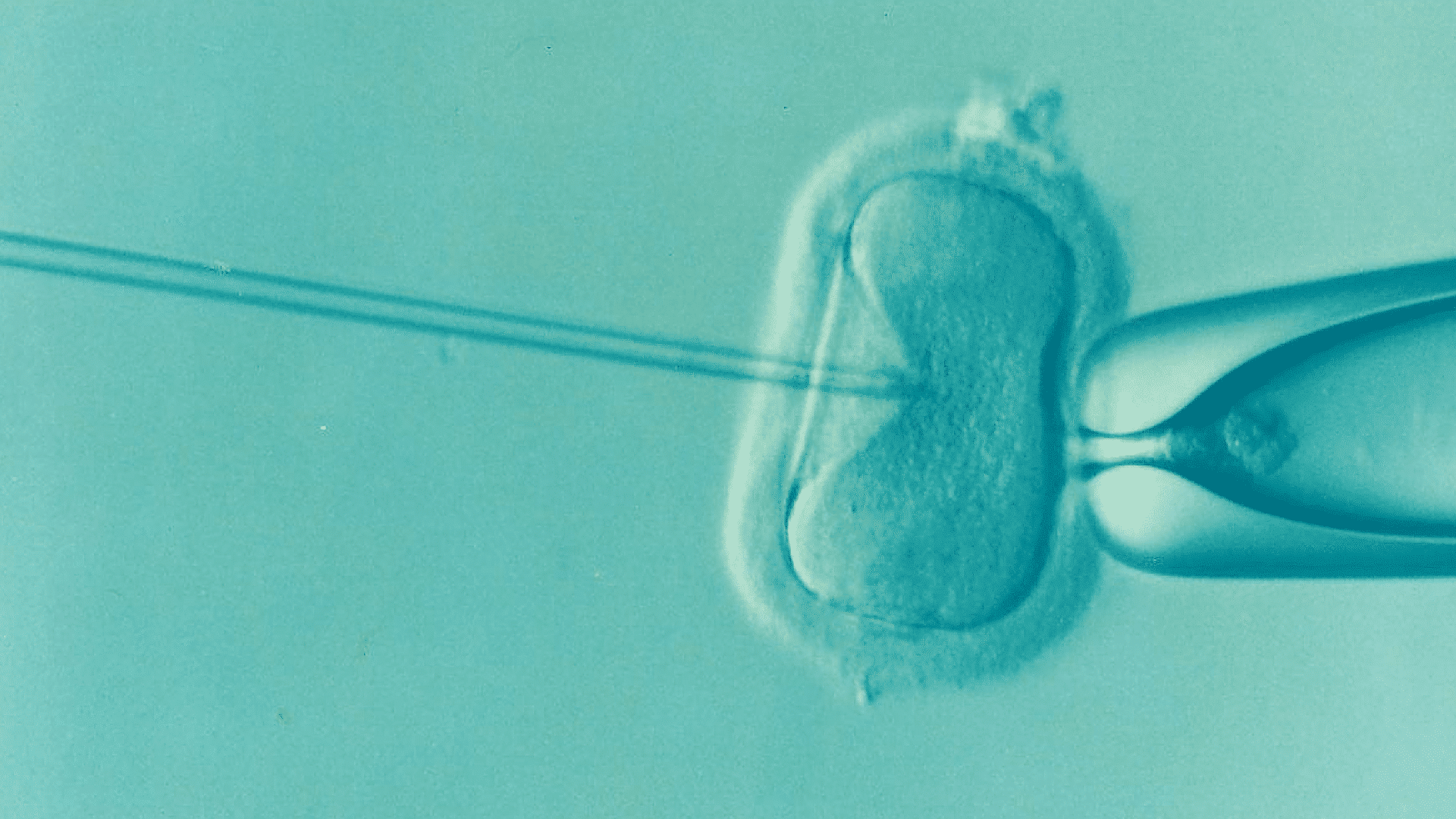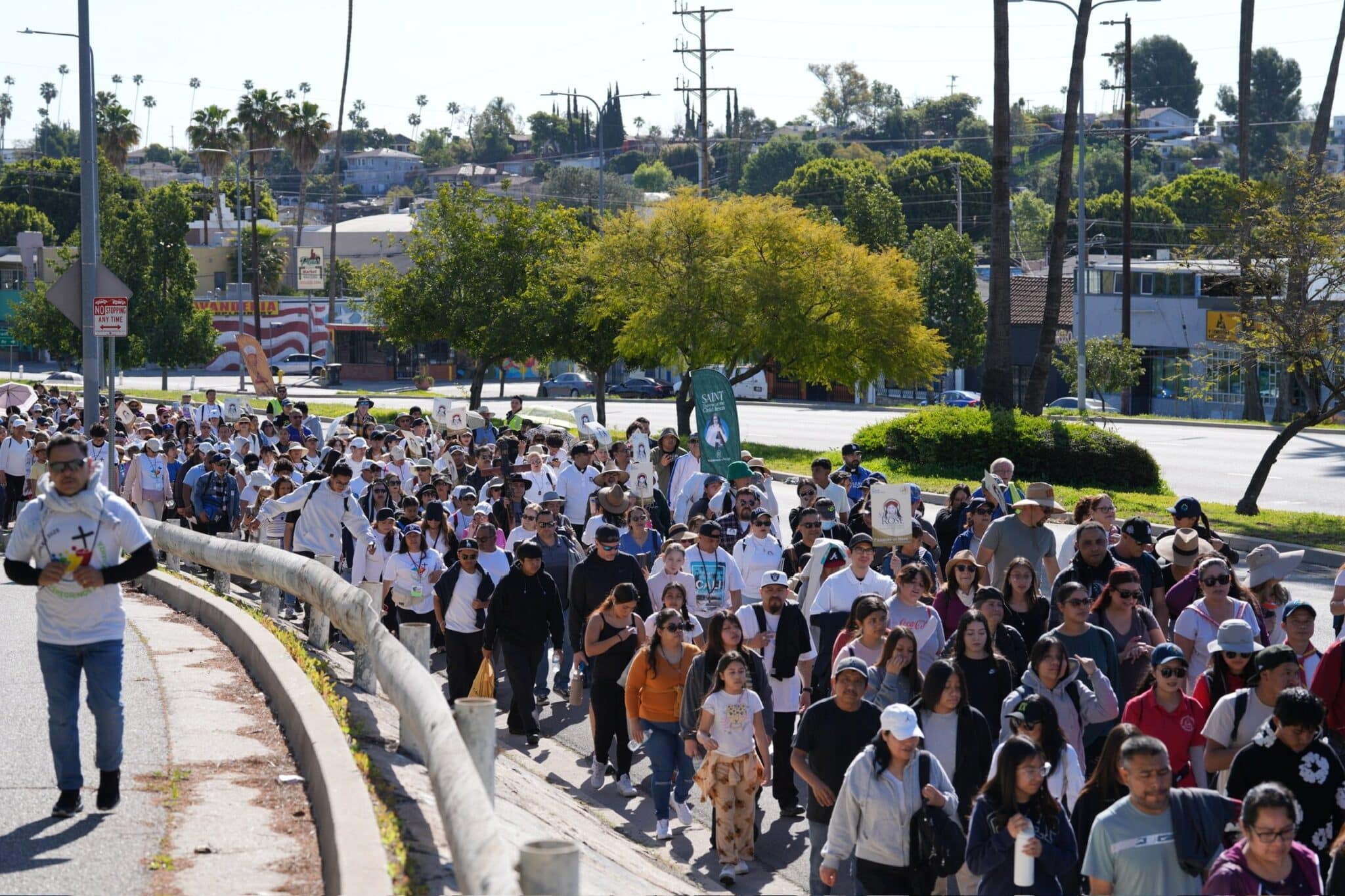Is the Catholic Church against in vitro fertilization? If so, why? Isn’t this a compassionate response for couples who want to have children, but either or both spouses have medical conditions that make this unlikely?
The Catholic Church teaches that conception should occur within a wife’s body, using the egg and the sperm from this wife and this husband. Depending on the medical situation of a couple, eggs and/or sperm can be extracted, undergo a process to improve chances of conceiving and then be reintroduced into the woman’s body where the conception occurs. The Catholic Church is not opposed to such procedures.
It does consider immoral in vitro fertilization (IVF), the conception of a child in a petri dish—even if the egg and sperm come from the married couple desiring to have a child (homologous artificial insemination and fertilization). Why? The unitive and procreative dimensions of marital intercourse have been separated through the introduction of technology that threatens the dignity of the human person. An added reason is that IVF procedures usually result in several zygotes, most of which are eventually discarded.
All the more does the Catholic Church consider it immoral if donated eggs and/or sperm are used (heterologous artificial insemination and fertilization). Surrogate motherhood, the use of a second woman to carry a child conceived in vitro (whether through homologous or heterologous procedures), is also considered immoral.
These situations are addressed in the Catechism of the Catholic Church (#2373-2379). On February 22, 1987, the Congregation for the Doctrine of the Faith issued Donum Vitae (Gift of Life), an instruction that addresses medically assisted human reproduction.
The document Dignitas Personae (Dignity of the Person), prepared by the same congregation with the assistance of the Pontifical Academy for Life and dated September 8, 2008, addresses IVF, as well as genetic therapy and embryonic stem-cell research. Its full text can be found at the same Web site.
Is in vitro fertilization a compassionate response to couples who want to have children, but one or both spouses have medical conditions that make that unlikely? Not really. The Catechism of the Catholic Church notes: “A child is not something owed to one, but is a gift. The ‘supreme gift of marriage’ is a human person. A child may not be considered a piece of property, an idea to which an alleged ‘right to a child’ would lead. In this area, only the child possesses genuine rights: the right ‘to be the fruit of a specific act of the conjugal love of parents,’ and ‘the right to be respected as a person from the moment of conception’” (#2378, quoting Donum Vitae, II, 8).
The Catechism concludes its treatment of in vitro fertilization in these words: “The Gospel shows that physical sterility is not an absolute evil. Spouses who still suffer from infertility after exhausting legitimate medical procedures should unite themselves with the Lord’s Cross, the source of all spiritual fecundity. They can give expression to their generosity by adopting abandoned children or performing demanding services for others” (#2379).









2 thoughts on “In Vitro Fertilization: Where Does the Catholic Church Stand?”
A family member was diagnosed with breast cancer and was told not to conceive another child – she has one.
She froze her eggs. Her fertilized egg from herself and her husband produced a son with the help of a
surrogate. Now, she is using her frozen eggs to give to women who can’t conceive.
How does the Catholic Church stand on this issue?
we must not be highly theoretical , we must base our thinking on Mercy, this is what God wants. Show always mercy towards suffering people. Fr.Rosairo s.j.